In this forum we consider the pivotal role of information and facts in a healthy democracy.
Many people think that America is coming apart at the seams, for a variety of reasons. Most glaringly, polarization has split entire communities, dividing friends and families from each other so that prospects for the next election look grim. However, there might be some good news on the horizon. Literally. Recent research shows that one way to improve voter activity, decrease polarization and boost municipal bond rating is to inject community news into people’s lives. Local news, it would seem, acts as a binding agent for democracy.
Recorded 10/4/2023
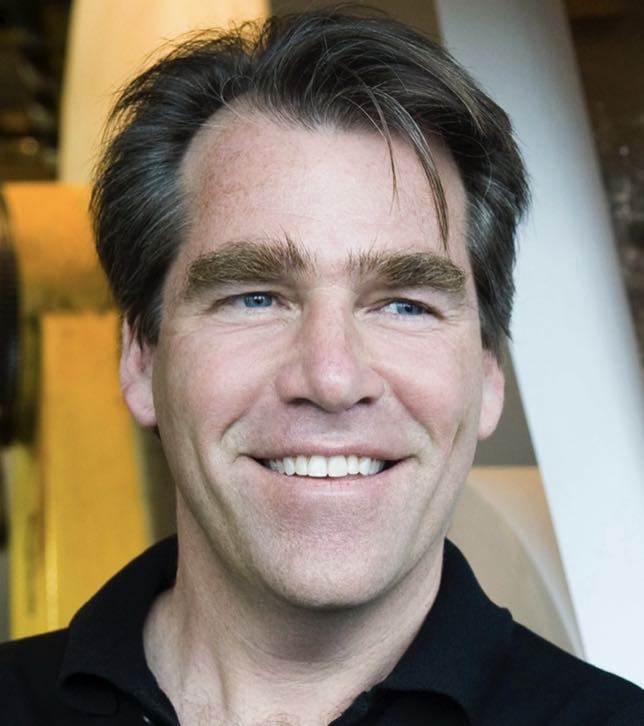
Charles Sennott, Founder and Editor-in-Chief of The GroundTruth Project, is home to Report for America.
Sennott is an award-winning correspondent, best-selling author and editor with 30 years of experience in international, national and local journalism. A leading social entrepreneur, Sennott is a graduate of Columbia University’s Graduate School of Journalism and was a Nieman Fellow at Harvard University.
Sennott is joined by a panel of journalists and media entrepreneurs from around the country who will discuss how delivering local news can glue democracy back together.

Carol Wood is Business Innovation Director for the Colorado News Collaborative, which supports 180 media organizations in Colorado. Founder of Emerge Media Group, she provides fractional COO services, as well as monetization and sustainability consulting, to news organizations across the country. Carol’s passion to protect democracy and press freedom drives her work helping all types of media companies develop sustainable business practices, strategy, growth and sound operations.
“Bobbie” Roessner, founding editor of The New Bedford Light, is passionate about the power of public service journalism to inform and empower communities. Roessner was a Knight Journalism Fellow at Stanford University and has twice been a Pulitzer juror. She currently serves on the board of the New England First Amendment Coalition, advocating for open government and press freedoms.
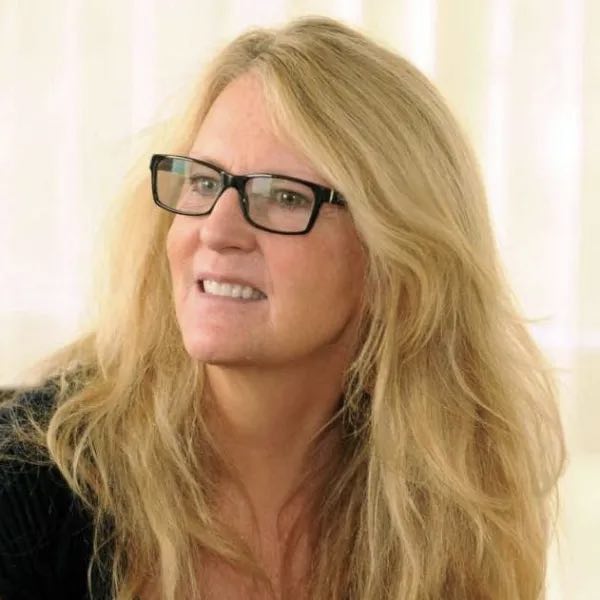

Tracie Powell, founder and CEO of The Pivot Fund
Tracie Powell is a leader in philanthropic efforts to increase racial equity and diversity in news media and founder of the Pivot Fund, which supports independent BIPOC community news. Powell was founding fund manager of the Racial Equity in Journalism (REJ) Fund at Borealis Philanthropy. Powell is also the founder of AllDigitocracy.org, which focuses on the media and its impact on diverse communities.

Support our mission to provide free an open discussions about the pertinent issues and ideas confronting us, in the world today. Express your appreciation for our work – just hit the button below.

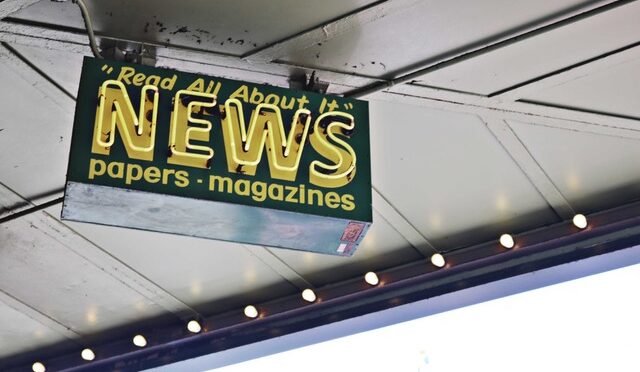
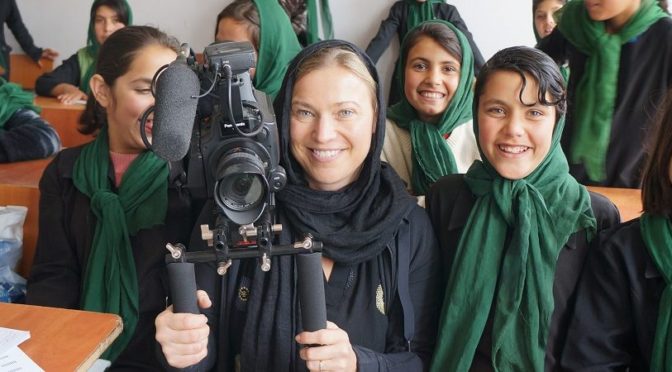



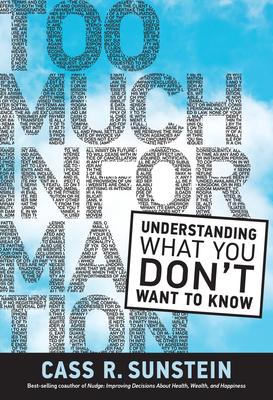
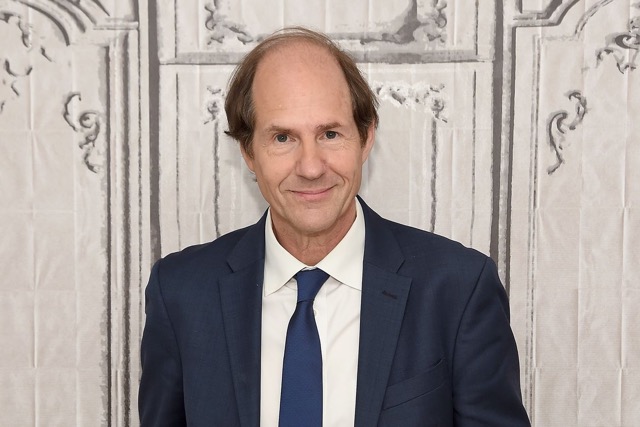
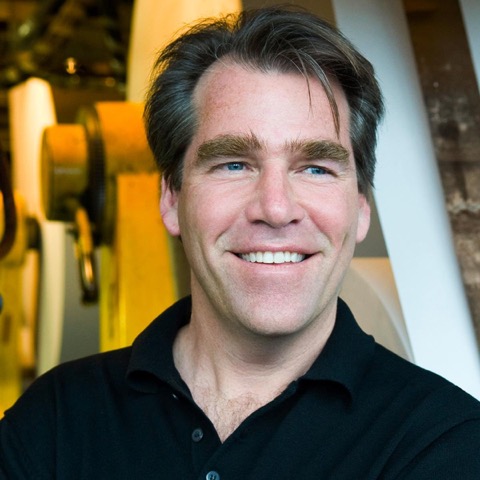
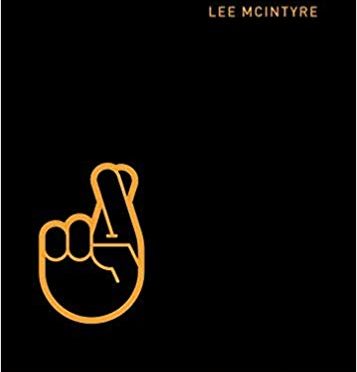
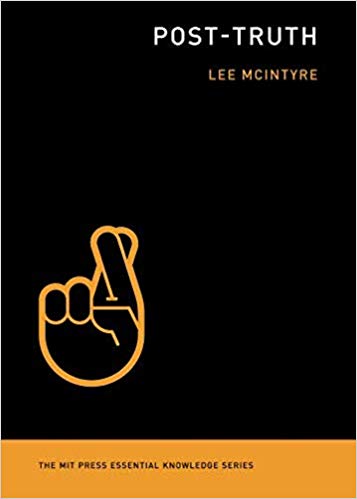
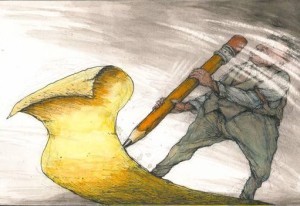 The bulk of mainstream media in the U.S. is now owned by a handful of corporations that continue to gobble up smaller outlets and independent presses. Some say that we have created a perfect echo chamber and that the plurality of a free press is just a sad joke. Turning on the TV or scrolling through the headlines offers only the illusion of choice.
The bulk of mainstream media in the U.S. is now owned by a handful of corporations that continue to gobble up smaller outlets and independent presses. Some say that we have created a perfect echo chamber and that the plurality of a free press is just a sad joke. Turning on the TV or scrolling through the headlines offers only the illusion of choice. Our speakers include Lonnie Isabel. Isabel teaches at the Columbia Graduate School of Journalism. Isabel spent 25 years in the newspaper business, covering or directing the coverage of several presidential campaigns including the fabled 2000 election. He also ran the coverage of Hillary Clinton’s run for Senate, the impeachment of Bill Clinton, and just about every major national and international story of his generation. He has covered each national political convention since 1984.
Our speakers include Lonnie Isabel. Isabel teaches at the Columbia Graduate School of Journalism. Isabel spent 25 years in the newspaper business, covering or directing the coverage of several presidential campaigns including the fabled 2000 election. He also ran the coverage of Hillary Clinton’s run for Senate, the impeachment of Bill Clinton, and just about every major national and international story of his generation. He has covered each national political convention since 1984.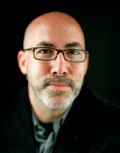 He was previously Executive Business and Global News Editor for the Huffington Post, where he oversaw business, technology and international reporting while writing a column that earned a Loeb award for commentary. Goodman was the National Economic Correspondent for the New York Times during the Great Recession. There, he played a central role in “The Reckoning,” a series of stories on the roots of the 2008 financial crisis, which won a Loeb and was a finalist for the Pulitzer prize. Goodman is the author of Past Due: The End of Easy Money and the Renewal of the American Economy.
He was previously Executive Business and Global News Editor for the Huffington Post, where he oversaw business, technology and international reporting while writing a column that earned a Loeb award for commentary. Goodman was the National Economic Correspondent for the New York Times during the Great Recession. There, he played a central role in “The Reckoning,” a series of stories on the roots of the 2008 financial crisis, which won a Loeb and was a finalist for the Pulitzer prize. Goodman is the author of Past Due: The End of Easy Money and the Renewal of the American Economy. Under his direction, WBUR’s News Department has garnered more than 50 national and local awards recognizing the quality and depth of its news coverage. Fleming first worked at the station in 1981 as a general assignment reporter. In 1992, he became WBUR’s News Director, a position he held until 2004. In that role he oversaw the breadth, depth and daily workings of the news produced at WBUR and helped to manage the content of daily broadcasts in their diverse forms.
Under his direction, WBUR’s News Department has garnered more than 50 national and local awards recognizing the quality and depth of its news coverage. Fleming first worked at the station in 1981 as a general assignment reporter. In 1992, he became WBUR’s News Director, a position he held until 2004. In that role he oversaw the breadth, depth and daily workings of the news produced at WBUR and helped to manage the content of daily broadcasts in their diverse forms.